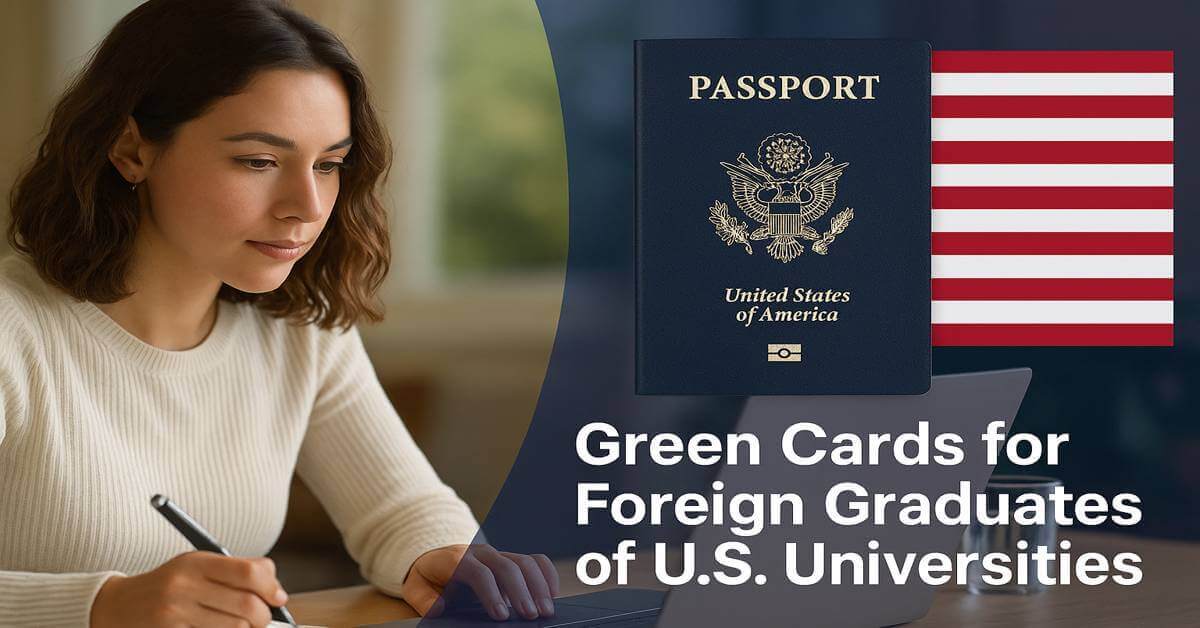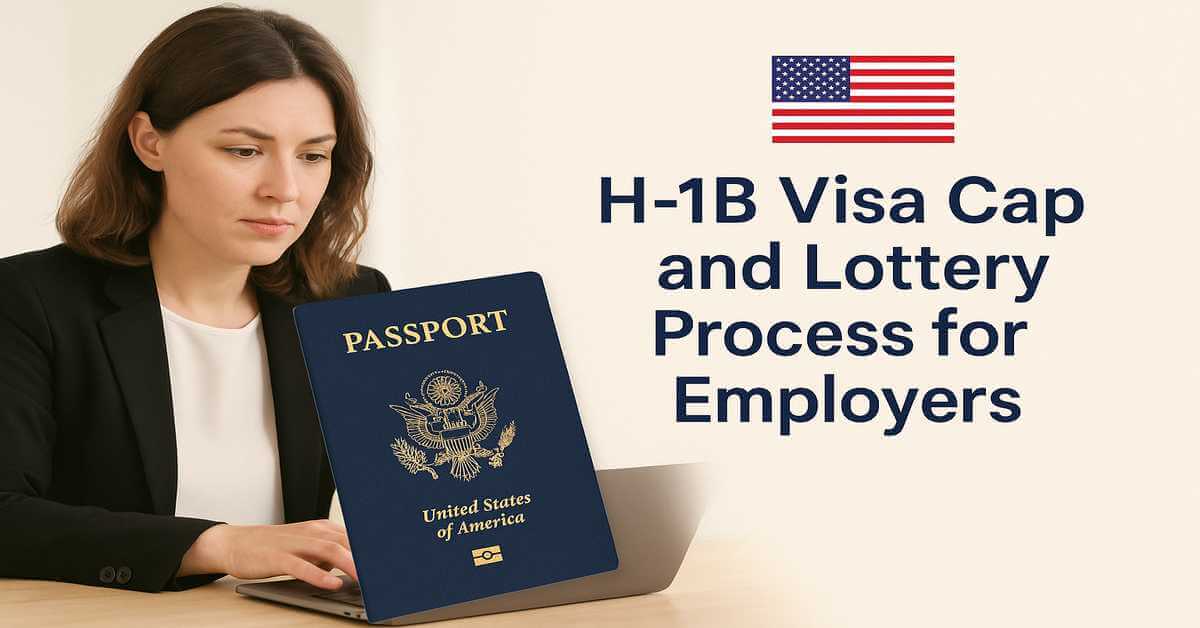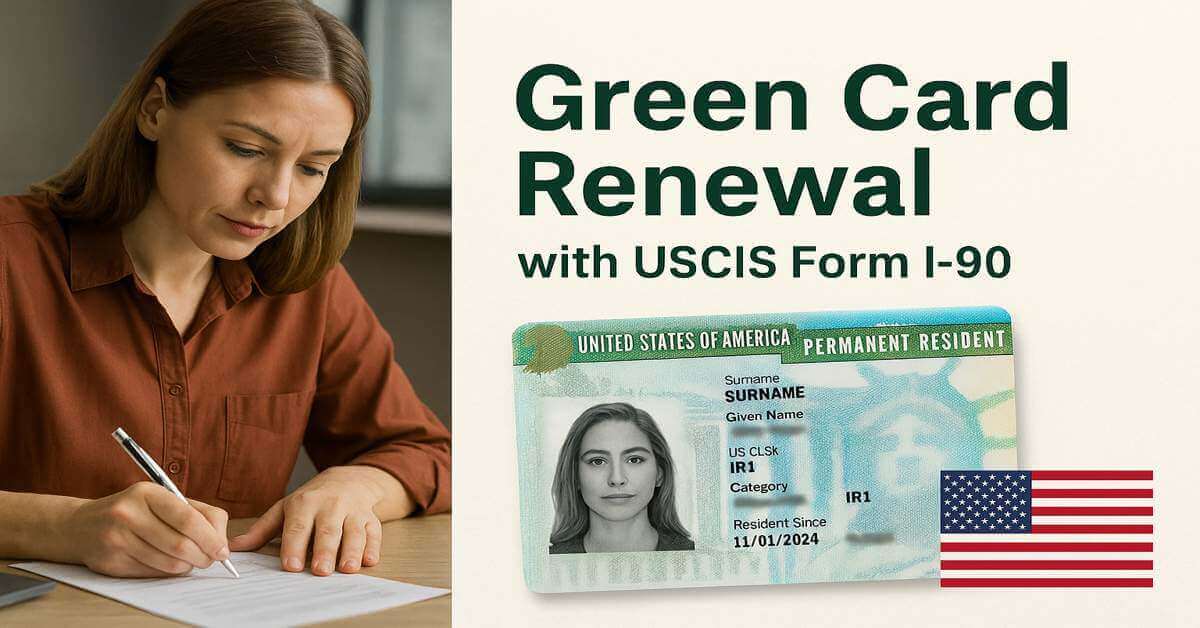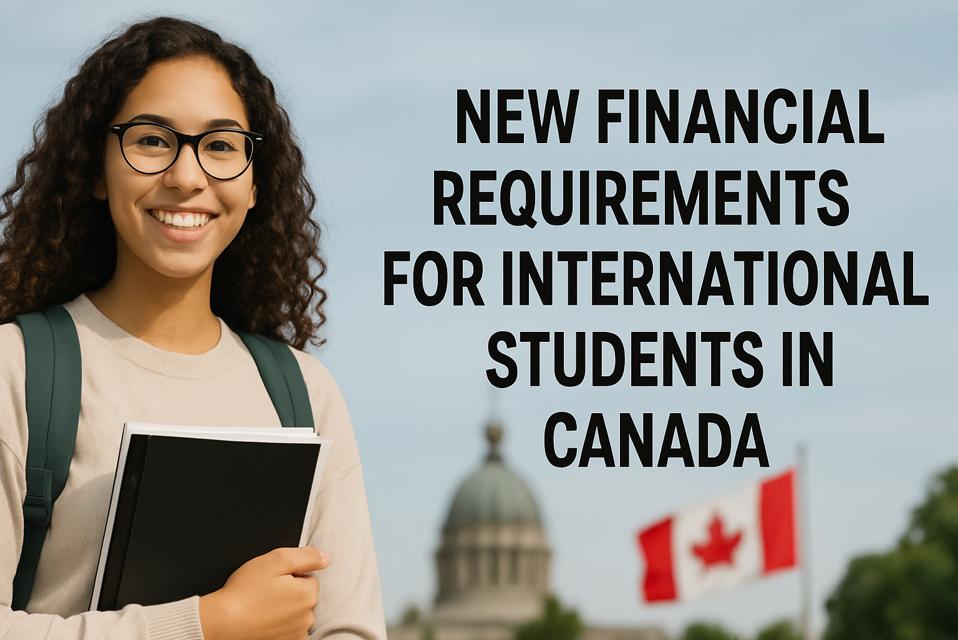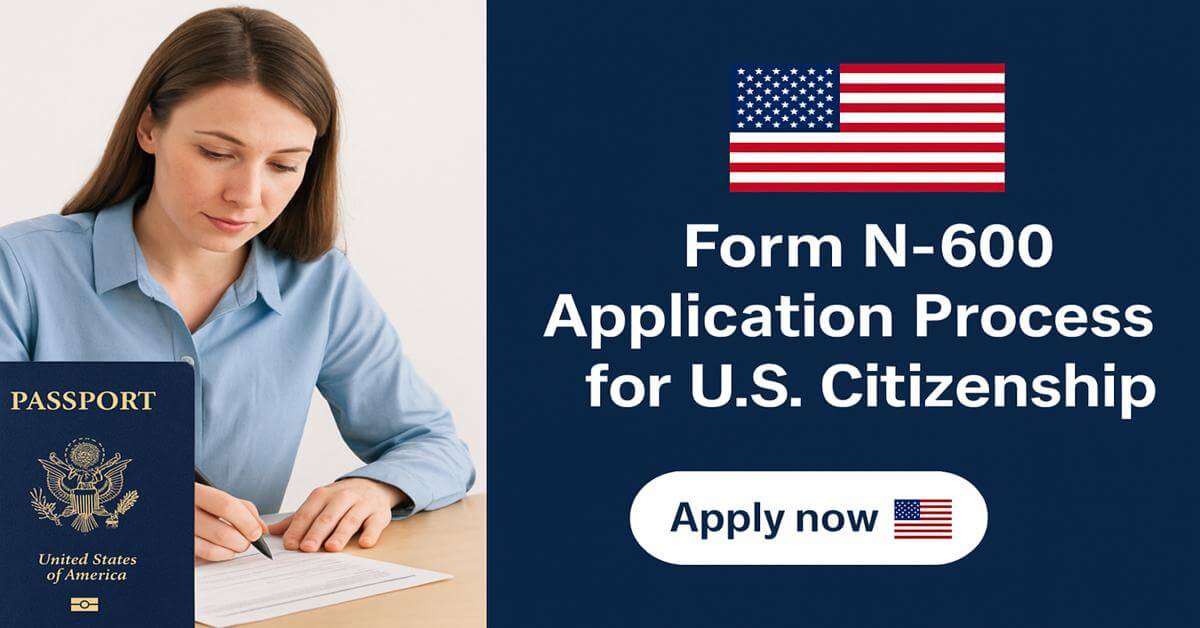Former President Donald Trump recently announced a notable shift in his immigration stance by proposing automatic green cards for foreign nationals who graduate from U.S. colleges. Speaking on the tech-focused podcast “The All-In Podcast,” Trump suggested that all graduates—from junior colleges to doctoral programs—should receive green cards as part of their diploma, allowing them to stay and work in the United States.
“If you graduate from a college, I think you should get automatically, as part of your diploma, a green card to be able to stay in this country,” Trump said during the interview hosted by venture capitalists David Sacks and Chamath Palihapitiya.
Current Immigration Landscape:
Currently, foreign students who graduate from U.S. institutions typically rely on Optional Practical Training (OPT), a temporary work authorization allowing them to stay for 12 to 36 months, depending on their field of study. After OPT, many seek employment-based visas such as the H-1B, which require employer sponsorship and are subject to annual caps. Obtaining permanent residency (green card) is a separate, often lengthy process.
Trump’s proposal would drastically simplify this pathway by granting green cards immediately upon graduation, eliminating the need for employer sponsorship or visa lotteries.
Why Trump Supports This Policy?
Trump emphasized the importance of retaining highly skilled graduates, noting that many talented individuals leave the U.S. to start successful businesses abroad, particularly in countries like India and China.
“You need a pool of people to work for your companies and they have to be smart people… You have to be able to recruit these people and keep the people,” Trump said.
This reflects concerns among policymakers and business leaders about “brain drain,” where the U.S. loses highly educated workers to other nations.
Clarifications and Vetting Process:
Following the podcast, Trump’s campaign spokeswoman, Karoline Leavitt, clarified that the policy would include rigorous vetting to exclude individuals who pose security risks or would negatively impact the labor market.
She stated that applicants would be screened to exclude:
- Communists
- Radical Islamists
- Hamas supporters
- Individuals hostile to America
- Those likely to become public charges
The focus would be on the “most skilled graduates” who can contribute positively without undercutting American wages or workers.
Context Within Presidential Campaign:
Immigration remains a key issue in Trump’s 2024 campaign, where he has pledged one of the most extensive deportation initiatives in U.S. history. His comments come amid ongoing debates about immigration policy, including President Joe Biden’s recent executive actions easing residency pathways for certain undocumented immigrants.
Trump’s green card proposal appears to target skilled immigration specifically, contrasting with his prior administration’s stricter limits and travel bans.
Challenges and Expert Opinions:
While the idea of automatic green cards for graduates is appealing to many, experts note several hurdles:
- Legislative Approval: Changing green card eligibility would require Congressional action, which faces political complexities.
- Labor Market Impact: Concerns exist about how increasing the pool of permanent residents might affect wages and job availability for U.S. workers.
- Security Screening: Implementing comprehensive vetting without slowing down the process is challenging.
- Integration: Providing support for graduates to transition into the workforce is necessary for success.
Immigration law scholars emphasize the need for a balanced approach that fosters talent retention while protecting domestic workers
Benefits of Green Cards for Foreign Graduates of U.S. Universities:
1. Retention of Skilled Talent
Allows the U.S. to keep highly educated individuals—especially in STEM fields—who graduate from American universities, instead of losing them to global competitors.
2. Boost to U.S. Innovation & Entrepreneurship
Many foreign graduates go on to create startups and tech companies. Green cards would enable them to build businesses in the U.S., creating jobs and contributing to the economy.
3. Simplified Immigration Pathway
Attaching a green card to a diploma eliminates complex visa processes (like H-1B lotteries), making the immigration system more streamlined and accessible.
4. Strengthening U.S. Workforce
Graduates are often job-ready with advanced skills and education, helping fill workforce gaps in critical industries such as healthcare, engineering, and IT.
5. Long-Term Economic Growth
Green card holders tend to have higher long-term earnings and pay more in taxes, contributing to sustained economic development and innovation ecosystems.
6. Global Competitiveness
Retaining foreign graduates helps the U.S. maintain its edge in science, technology, and research over countries like China, Canada, and the UK that actively recruit these talents.
7. Support for Universities
More international students may be encouraged to study in the U.S., knowing there’s a clear path to permanent residency—potentially increasing university revenue and global reputation.
8. Cultural & Intellectual Diversity
International graduates enrich U.S. campuses and workplaces with global perspectives, boosting creativity, collaboration, and multicultural understanding.
9. Reduced Immigration Backlogs
Offering green cards at graduation may reduce pressure on other employment-based visa categories like EB-2 and EB-3, freeing up space in the system.
10. Stable Residency Status
With a green card, graduates can live and work in the U.S. without worrying about visa renewals, job changes, or deportation risks—offering long-term stability.
Policy for International Students:
If enacted, this policy could transform the U.S. immigration landscape by:
- Providing a direct path to permanent residency for foreign graduates.
- Reducing dependency on employer sponsorship and visa quotas.
- Encouraging more international students to study in the U.S.
- Potentially increasing the competitiveness of American companies globally.
However, until such a policy is legislated, current immigration pathways remain in place
Frequently Asked Questions:
Would this policy affect American workers?
Trump’s campaign team stated that only highly skilled, job-creating graduates would qualify, and that safeguards would be in place to prevent wage suppression or harm to U.S. workers.
Is this policy already in effect?
No, this is a campaign proposal, not an official law. It would need to pass through Congress or be enacted through executive action, if Trump wins and chooses to pursue it.
What did Donald Trump propose regarding green cards for foreign graduates?
Donald Trump proposed that foreign nationals who graduate from U.S. colleges should automatically receive a green card upon graduation. This would apply to graduates from four-year universities, community colleges, and advanced degree programs like master’s and doctorates.

